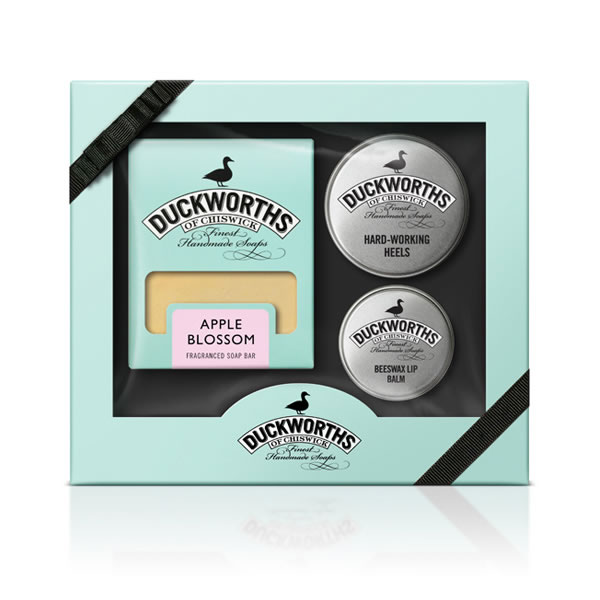How Chiswick's Bees are Faring This Year
Annette Duckworth is looking forward to a good honey harvest
|
We are now well into April, and it looks as if I will have 3 good colonies to make honey again this year. I lost one main colony in the course of the winter, due to the Varroa parasites, I think. I treated the bees against Varroa in September and at the turn of the year, but with such a mild winter, the queen was still laying.
Normally the cold weather stops the queen laying, and as the Varroa reproduce only in the larval cells, their numbers fall over the winter. But for some reason that colony lost the fight. Bees attacked by Varroa often show deformed wings and will never fly.
Here in Chiswick we are a bit warmer than out in the countryside, so the bees can get active again sooner. March was cold this year but they had already started building up their brood nests when I inspected them quickly in the middle of March. Now they have good brood laid down, and the foraging bees are coming in carrying lots of lovely pollen. This is a vital thing at this time of the year. To get a good honey harvest you must first have a good sized work force. That is why pollen is so important for healthy bees. Pollen is their protein and essential to turn eggs into bees. Seeing one in five of the foragers returning to the hive carrying sacs of pollen on their legs is a sight to gladden the heart of any bee keeper. It means there is a queen, and she is laying, and young bees are being well fed.

Some of the products made from Chiswick honey
The bees hatching now will work for 3 weeks as nurses in the hive then 3 weeks out foraging. So their lifespan in these active months is 6 weeks. They wear out their wings after that and don’t make it back to the hive. They also age more quickly when they are feeding young brood, so that is another thing that shortens the life of the summer bees to only 6 weeks. Their time might be brief, but I think they get the best of it.
In the winter, the bees are not flying very much, and there is little brood to feed, so they last about 6 months instead of 6 weeks. This winter cohort of bees, hatched in late September / early October, will last until the queen is laying again in spring and they will raise the first of the summer bees before they die off. They have a very different life from their summer sisters, spending almost all their days in the dark of the hive, eating their stores and shivering to keep themselves and their treasured queen warm.
Annette Duckworth
Duckworth Honey can be bought at Grove Park Deli on Fauconberg Road
April 22, 2016